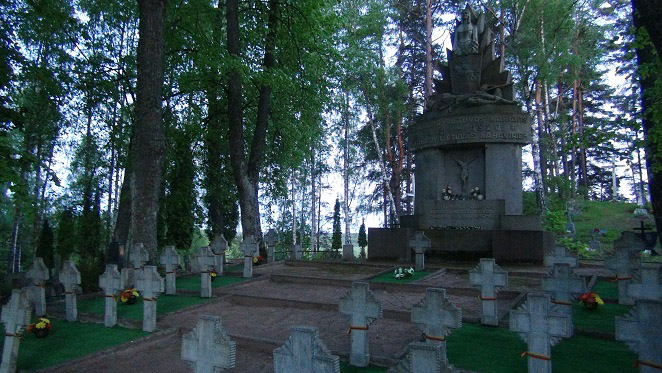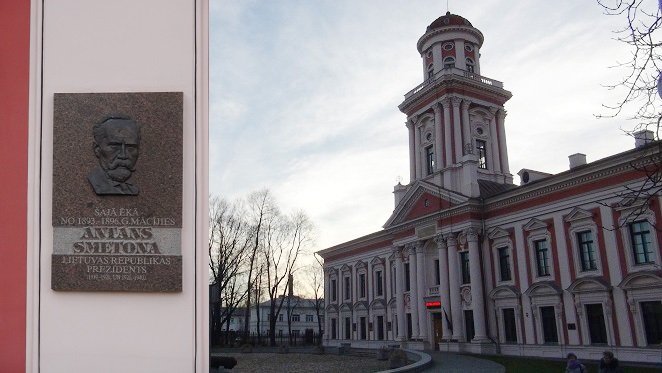Lithuanians make 1,5% of Latvia’s population.
Many of them reside in the borderland where some villages are Lithuanian-majority. As the Lithuanian-Latvian border hardly existed before 1918 when both nations were occupied by the Russian Empire, the task to delimit it in 1922 was especially difficult. While the countries peacefully agreed on the border, it still left many Latvians and even more Lithuanians “on the wrong side” as many localities were ethnically mixed.

Another part of Latvia’s Lithuanians came for opportunities in Riga. As the largest city of Baltic States it has some institutions catering to the whole Baltic region, such as the SSE Riga university and multinational companies representative offices.
The role of Latvian cities as “the metropolises for Lithuanians” was even more visible before World War 1, when Russian Empire purposefully left Lithuania as an agricultural hinterland whereas Latvia was urbanized (and suffered less discrimination). At the time Riga housed more Lithuanians than any city within Lithuania (most of them were factory workers). The gymnasiums of Jelgava and Liepaja were frequented by Lithuanian intellectuals (25% of Liepaja’s population were Lithuanians). After both nations became independent most Lithuanians repatriated. Many of the interwar Lithuania‘s key personalities and politicians had spent many years in Latvia before independence.

During the Soviet occupation some Lithuanian political prisoners/deportees were released on condition that they would not live in Lithuania. Many of them chose to settle in Latvia.
The share of Lithuanians in Latvia has been declining fast (just as the share of Latvians in Lithuania). As the two Baltic nations are culturally similar, the assimilation is seen as less of a “change” for Latvia’s Lithuanians than for many other ethnic minorities of Latvia. In fact, even among the Latvia’s Lithuanians some half said that Latvian is their native language. Lithuanians and Latvians are also known as “brother nations”.
